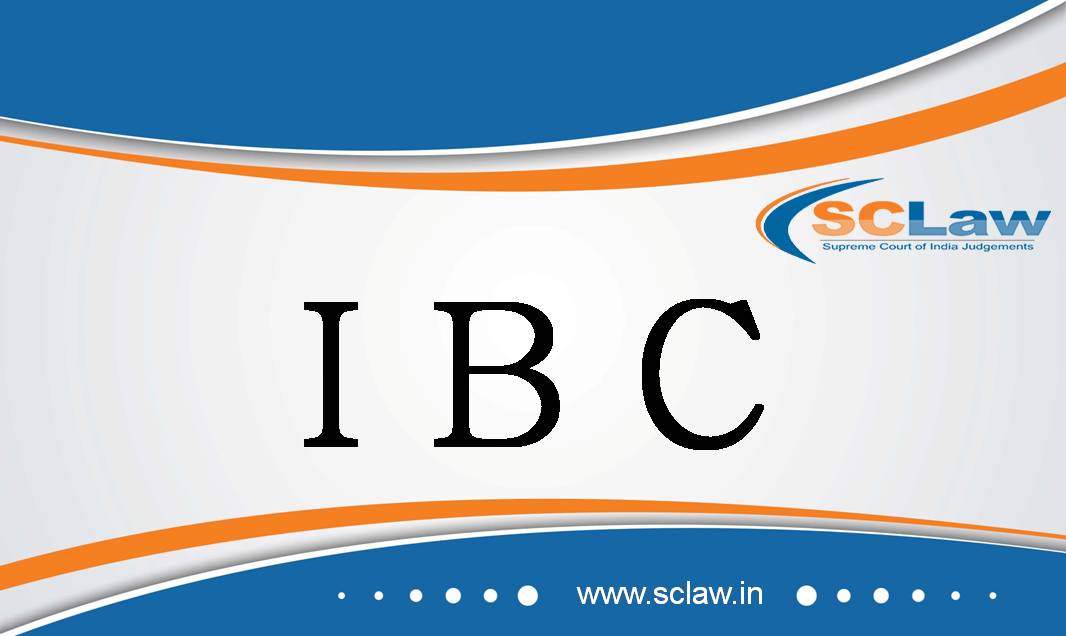Service of an IBC Section 8 demand notice upon Key Managerial Personnel at the Corporate Debtor’s registered office constitutes valid service on the company, emphasizing substance over technical form.
2025 INSC 597 SUPREME COURT OF INDIA DIVISION BENCH VISA COKE LIMITED Vs. M/S MESCO KALINGA STEEL LIMITED ( Before : J.B. Pardiwala and R. Mahadevan, JJ. ) Civil Appeal…



